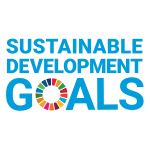NEWSLETTER
ENACTUS meeting at UG Center for Sustainable Development
On December 14, 2023, a workshop meeting of the UG [...]
Innovation Marina UG: a series of meetings with Pomeranian NGOs
The UG Center for Sustainable Development, in cooperation with the [...]
Hanna Łądkowska: Carbon footprint monitoring is a demonstration of environmental responsibility
– 'Many sustainable development advocates point to the important, if [...]
Regions 2030 – the final report of the project has been published
Experts from Pomerania, under the direction of Sylwia Mrozowska, [...]
Summary conference of the SPEKTRUM project
On Friday, 8 December 2023. Jolanta Mrozek - Kwiatkowska, CZRUG [...]
How to calculate the carbon footprint? A conversation with dr hab. Wojciech Pokora, prof. UG
- In order to reduce the carbon footprint and [...]
UNIVERSITY TALKS
ABOUT SUSTAINABLE DEVELOPMENT
WHAT IS SUSTAINABLE DEVELOPMENT?
Sustainable development is a development concept that responds to technological progress, the ecological crisis and green ideas of the second half of the 1960s. Its most well-known definition was formulated by the United Nations World Commission for Environment and Development in 1987. According to this, sustainable development is “development that meets the needs of the present without compromising the ability of future generations to meet their own needs”. As a goal of global politics, the concept of sustainable development was adopted by almost all countries of the world during the Earth Summit in Rio de Janeiro in 1992 in the form of Agenda 21. In 2015, UN member states unanimously adopted the currently binding and implemented resolution Transforming our world: the 2030 Agenda for Sustainable Development, which was defined as the World Development Strategy until 2030. It contains 17 Sustainable Development Goals to which 169 tasks are assigned. They include measures to reduce poverty, ensure access to education, food and clean water, equal opportunities, to promote human rights, peace and stability in the world, protect the natural environment and mitigate climate change, as well as enable access to sustainable energy sources.


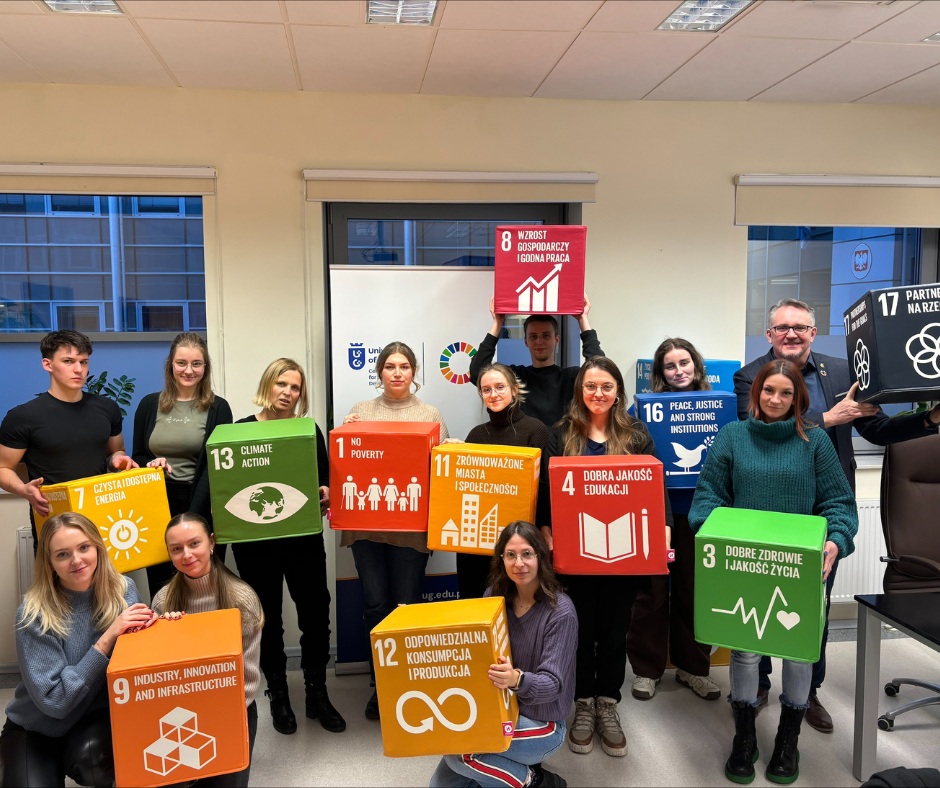

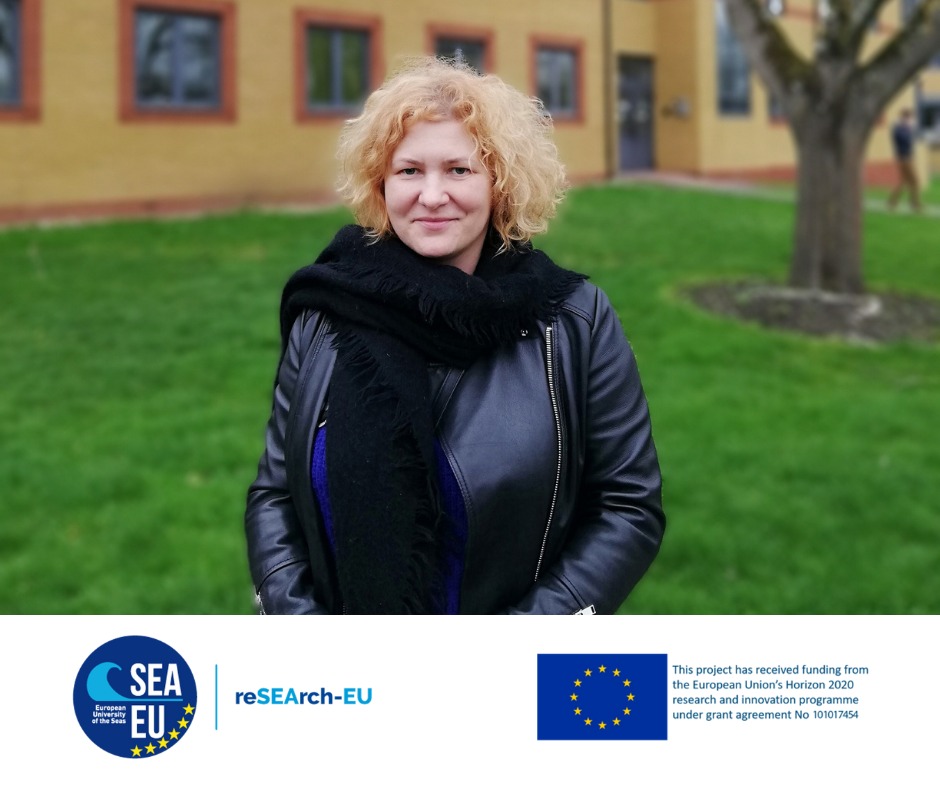
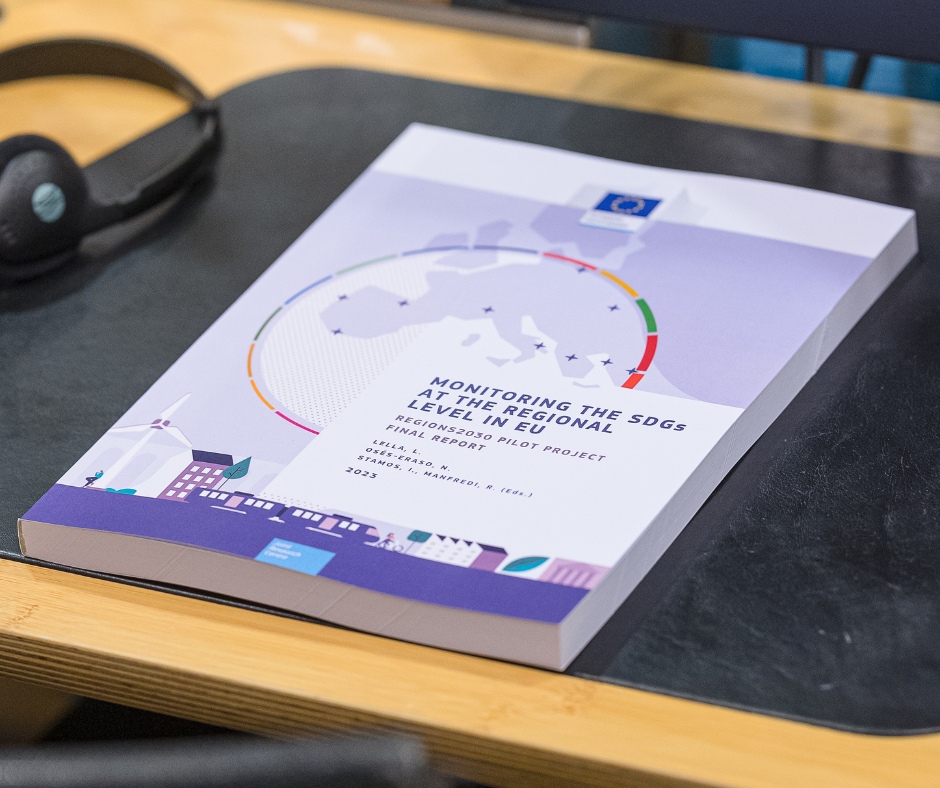
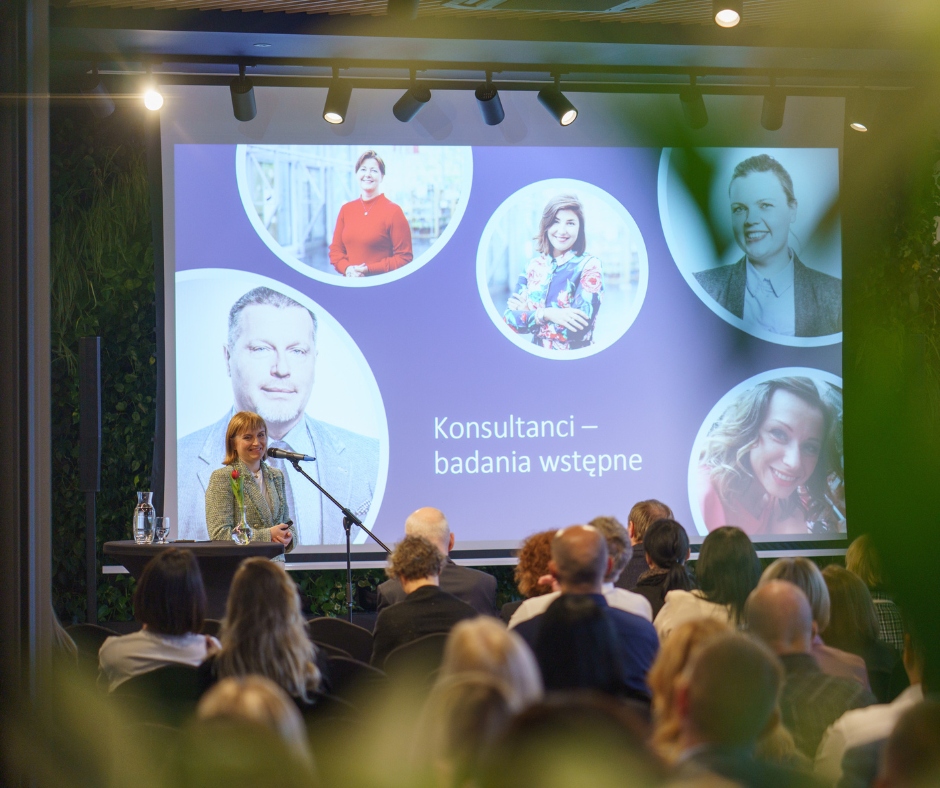
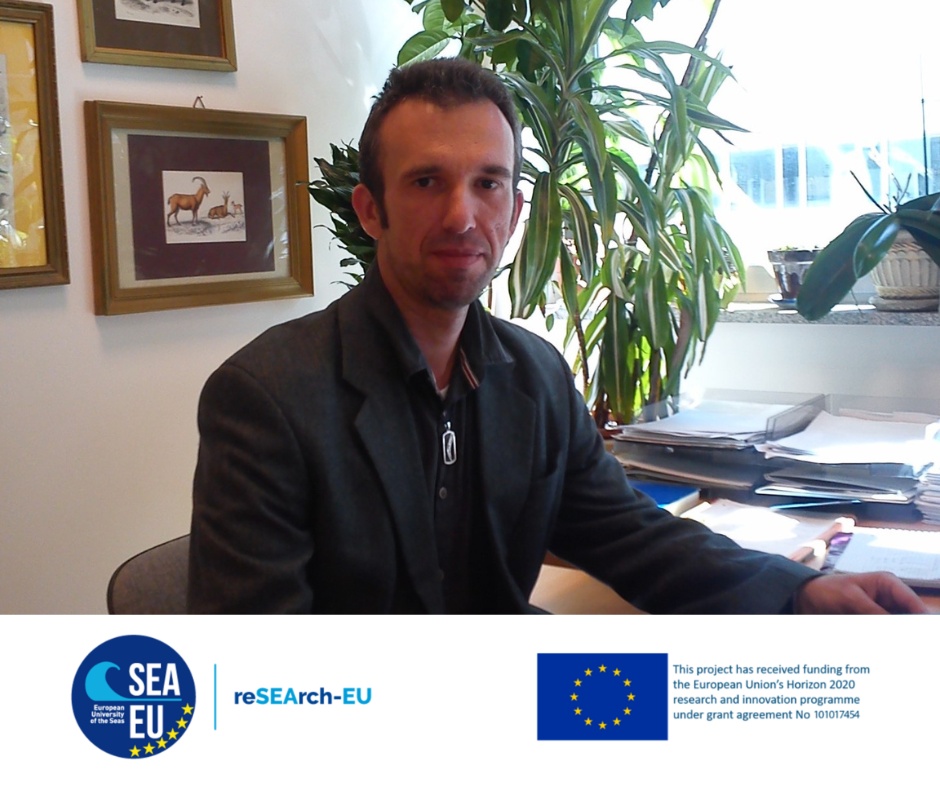
 On green software and digital waste. Interview with Dr. Hanna Furmańczyk
On green software and digital waste. Interview with Dr. Hanna Furmańczyk
